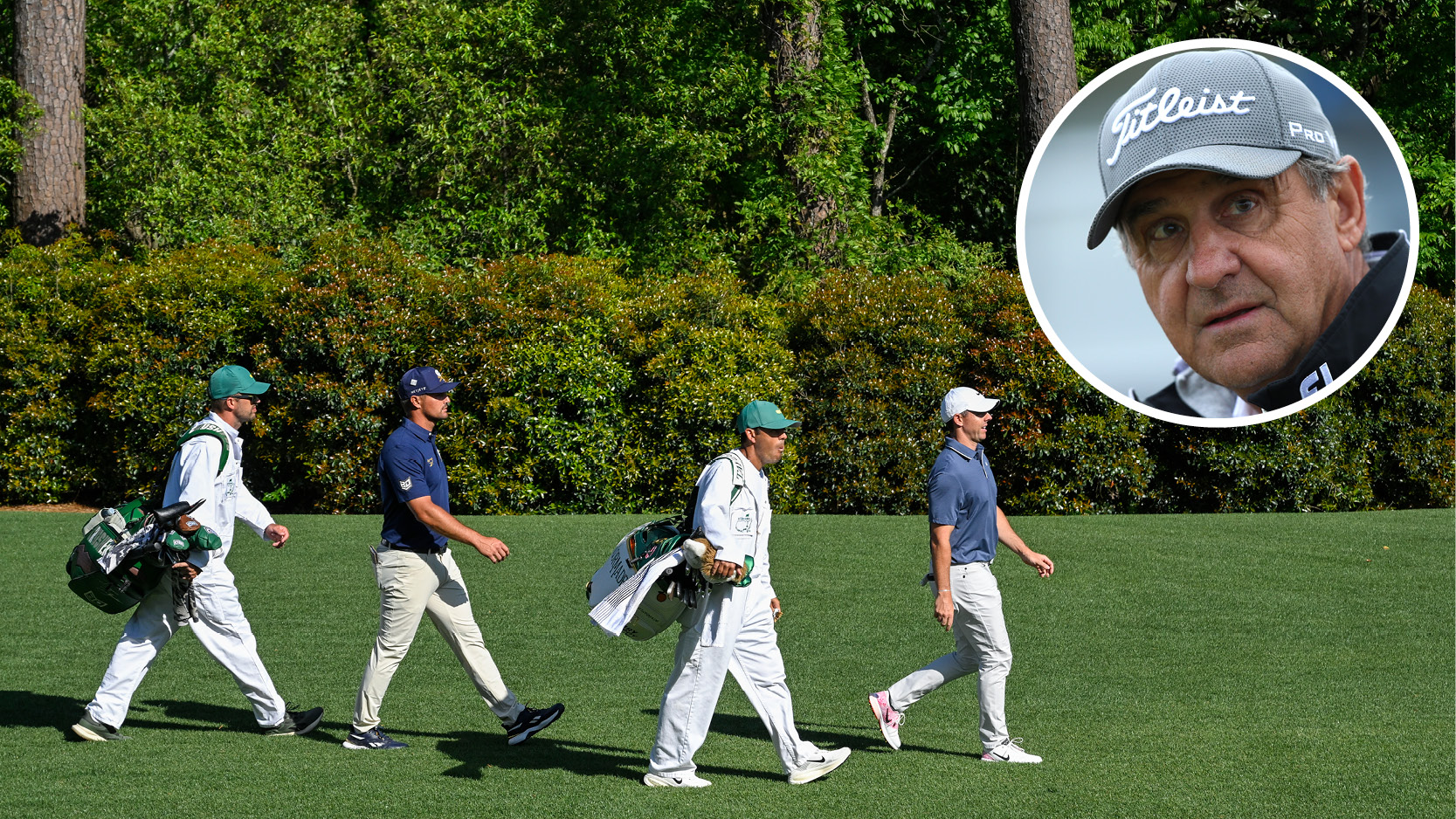Lest we Forget
Bill Elliott had a remarkable time with a group of remarkable people when he attended 
a charity golf day for those who have been injured while serving for Queen and Country
Mahendra Phagami is an unlikely 10-handicap golfer, but then it is even more unlikely that Mahendra Phagami is still alive. In June this year Phagami of the Royal Gurkha Rifles was in the wrong place at precisely the wrong time in Afghanistan. The mortar bomb that exploded a few yards from where he was standing as he contemplated where next to lead his platoon ripped away most of his lower right arm, while simultaneously slicing away a large chunk of his left leg. It was, he says, painful.
The arm is now held together by a pin, his bones reluctant to knit back together. The skin graft that covers it still looks swollen and angry and very sore. He was a six handicapper before the incident and is irritated that he has had to drop to 10 in the intervening five months.
Five months? Quite extraordinary isn't it. Now, like many other injured soldiers, Mahendra faces an uncertain future and not just on the tee. He has yet to regain any sort of feeling in his battered left leg and worries about falling over when he swings a club. He also worries what his future is as a soldier.
"Ideally, I will regain sufficient physical strength to go back and lead my men. It is the best job in the world," he said. And if he doesn't? He shrugged his shoulders, reluctant to contemplate life outside the army. I didn't press further.
This brave, stoical man was one of 15 injured soldiers playing on this day at Heythrop Park in Oxfordshire. They were an eclectic bunch: marines with limbs missing, through to a major, Stewart, whose brain was infiltrated by shrapnel.
Stewart's long-term plan was to become a brigadier, but now he worries about how he is going to look after his young family. "Since I took the hit I have developed an emotional vulnerability that I didn't have before." It is a simple, moving explanation of where he presently finds himself.
They were all at Heythrop courtesy of the ingenuity and determination of another remarkable bloke, John Simpson. Last year John spoke to injured soldiers in rehab. His mission was to persuade them that they could play golf.
Get the Golf Monthly Newsletter
Subscribe to the Golf Monthly newsletter to stay up to date with all the latest tour news, equipment news, reviews, head-to-heads and buyer’s guides from our team of experienced experts.
His point was reinforced when he rolled up a trouser leg to show them the calliper he must wear on his own useless right leg, the result of polio as a teenager. Despite this handicap John always has been a better-than-average golfer. His message was simple: if you can stand then you can play, and if I can do it then so can you.
But he was as much affected by the men he spoke to as they were inspired by what he was saying. He was determined to do something and so he formed the 'On Course Foundation' - a charitable organisation that, briefly, offers an introduction to golf, possibly a job within golf eventually that works on improving self-esteem and on emphasising the transferable skills these soldiers have when it comes to making their way as civilians with mortgages to pay.
Find out more: oncoursefoundation.com
I first met John more than 30 years ago when he was in charge of the European golf division for IMG, the world's biggest sports agency. In his time he looked after Nick Faldo, Greg Norman and Bernhard Langer among many others. He was brilliant at what he did and when he left 13 years ago to form his own company (John Simpson Associates) he was equally brilliant. He continues to have impressive contacts. The Duke of York is patron of On Course for the UK, while Arnold Palmer is patron of the US wing.
Over dinner that evening I sat next to Alex, a 23-year-old who lost his right eye to shrapnel. Alex is the first On Course 'graduate' to gain the chance of a job in golf and was about to start two months' work experience with PING at Gainsborough. If it goes well he will achieve his dream of becoming a greenkeeper. It is, I am certain, the first of many opportunities.
As we left for the bar that evening the major leaned over to me to say: "You know when I mentioned emotional vulnerability earlier? Well I should have added financial vulnerability as well." To find out more about this charity go to oncoursefoundation.com and if you or your club wish to become involved then I wish you God speed. Donations may be made at bmycharity.com/oncourse.I just thought that, as golfers, you should know.
Bill has been part of the Golf Monthly woodwork for many years. A very respected Golf Journalist he has attended over 40 Open Championships. Bill was the Observer's golf correspondent. He spent 26 years as a sports writer for Express Newspapers and is a former Magazine Sportswriter of the Year. After 40 years on 'Fleet Street' starting with the Daily Express and finishing on The Observer and Guardian in 2010. Now semi-retired but still Editor at Large of Golf Monthly Magazine and regular broadcaster for BBC and Sky. Author of several golf-related books and a former chairman of the Association of Golf Writers. Experienced after dinner speaker.
-
 Volvo China Open 2025 Picks, Odds And Predictions
Volvo China Open 2025 Picks, Odds And PredictionsFollowing a break for The Masters, the DP World Tour returns for the final two weeks of its Asian Swing and the Volvo China Open is the penultimate event
By Jonny Leighfield
-
 Rory McIlroy's Sports Psychologist Explains Why He 'Didn't Talk' To Bryson DeChambeau In Masters Final Round
Rory McIlroy's Sports Psychologist Explains Why He 'Didn't Talk' To Bryson DeChambeau In Masters Final RoundDeChambeau raised eyebrows at Augusta National when claiming that McIlroy wouldn't engage in conversation during the final round of The Masters
By Jonny Leighfield